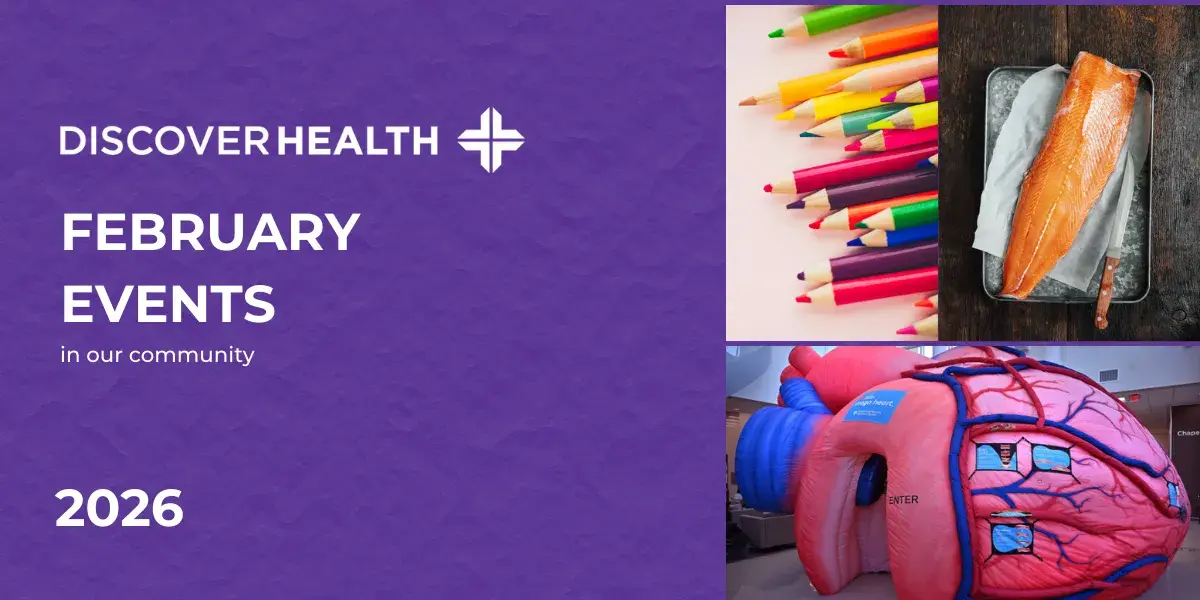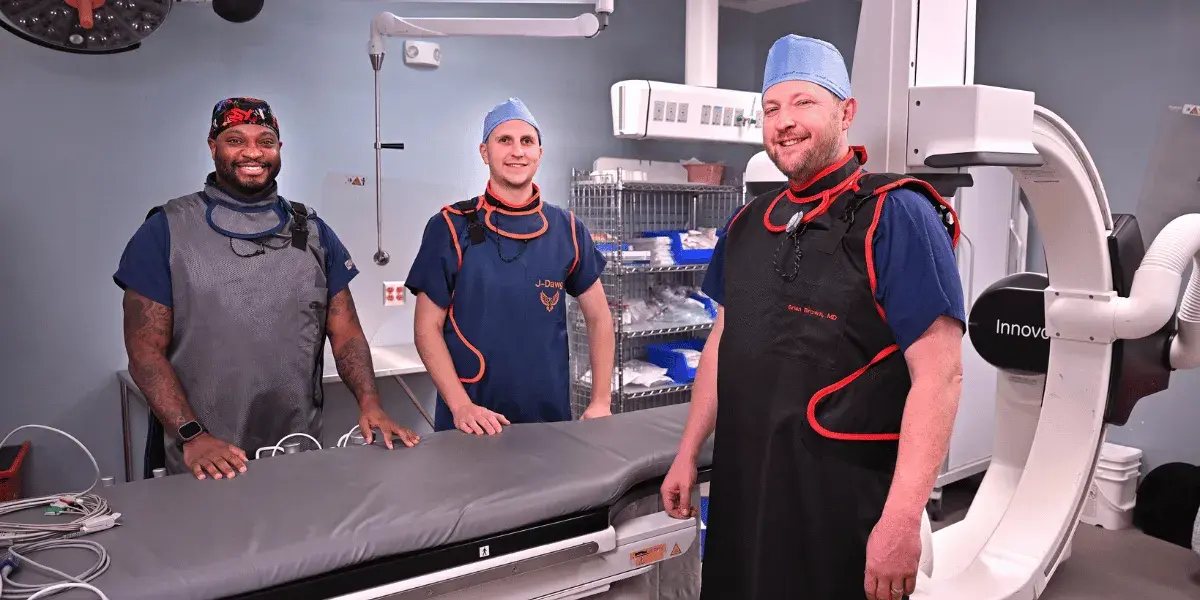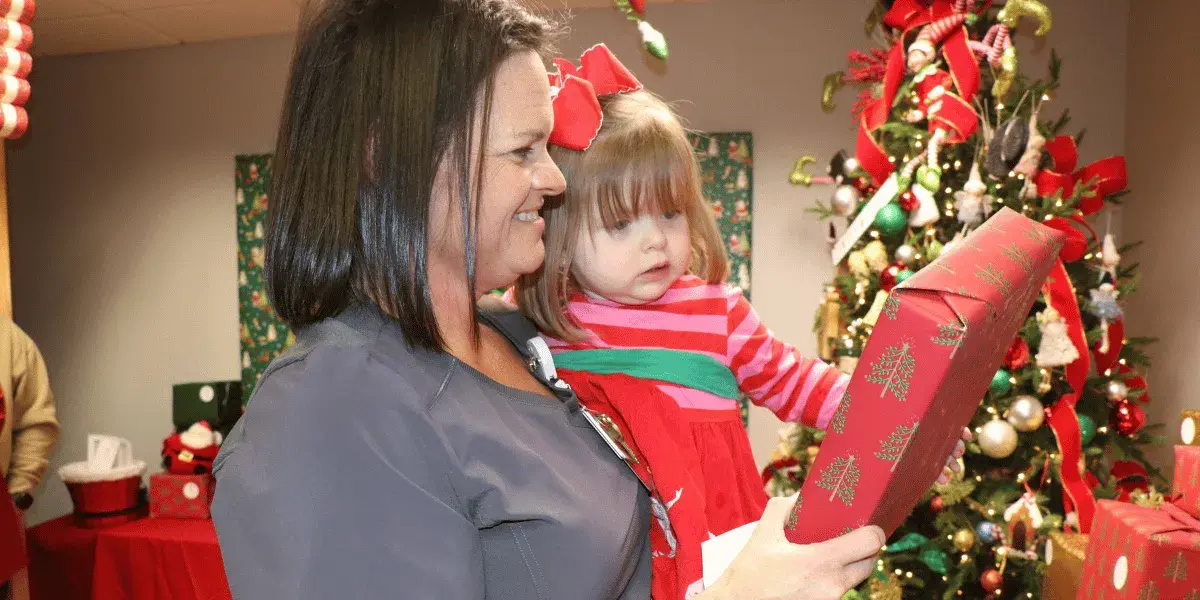
More caffeine is not the answer to staying awake.
Spartanburg Regional Sleep Services can help
The prevalence of and even reliance on coffee, energy drinks and other sugary options to get you through the day is often a sign that you aren’t getting enough sleep.
According to the Centers for Disease Control and Prevention, 1 in 3 adults in the U.S. report they are not getting enough sleep every day. Nearly 40% of adults report falling asleep during the day without meaning to at least once a month, according to a recent study.
At Spartanburg Regional Healthcare System, your sleep habits matter.
The sleep services department offers sleep testing at three nationally accredited sleep centers within the healthcare system.
“A lot of people will fight sleep during the day. Some people will describe it as fatigue rather than sleepiness,” said Melody Smith, a sleep technologist. “It’s always important to speak with your physician if you’re having any sleepiness or daytime fatigue.”
Smith said while consuming or relying on caffeine is quite common, as best practice, you should not have caffeine for at least four hours before sleep.
“Caffeine has a lot of effects on your sleep, and a lot of people don’t realize that,” she said. “People will get themselves in this cycle of consuming sugar and caffeine to stay awake, and that’s a good sign you’re not getting enough sleep.”
Candice Jacobs, a sleep technologist, also said “sleep hygiene” is important as well. Proper sleep hygiene practices include sleeping in a dark room and not falling asleep with devices on, like cell phones, tablets or TVs.
“Put yourself on a routine. Sleep in a dark room. Try to go to sleep around the same time each night, and limit your exposure to screens,” Jacobs said.
Poor sleep can increase your risk of various health problems including diabetes, obesity and certain types of cancer, according to the CDC.
Because of this, sleep centers make every effort to keep sleep studies accessible and comfortable to eliminate potential barriers that would keep people from being tested.
Testing can be scheduled six days a week, including daytime testing options for shift workers, Smith said.
Most tests are performed overnight in a private room designed to mimic a hotel room. Technologists can identify your sleep patterns by monitoring your oxygen, heart, brain and breathing. After a diagnosis, your physician can recommend the most appropriate treatment to address your needs.
To learn more about sleep studies or to schedule an appointment, go to Go.SRHS.com/Sleep or call 864-487-1517.












